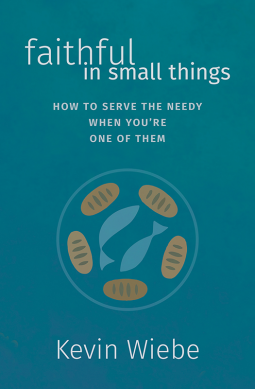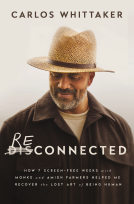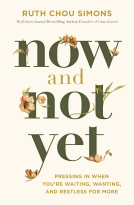
Faithful in Small Things
How to Serve the Needy When You're One of Them
by Kevin Wiebe
This title was previously available on NetGalley and is now archived.
Send NetGalley books directly to your Kindle or Kindle app
1
To read on a Kindle or Kindle app, please add kindle@netgalley.com as an approved email address to receive files in your Amazon account. Click here for step-by-step instructions.
2
Also find your Kindle email address within your Amazon account, and enter it here.
Pub Date Mar 16 2021 | Archive Date Mar 16 2021
Talking about this book? Use #FaithfulinSmallThings #NetGalley. More hashtag tips!
Description
How can you help the poor when you can barely pay your own bills?
Pastor Kevin Wiebe grew up below the poverty line, with his mother hunting for change in the couch to buy food for the baby. Wiebe now pastors a “low-resource” church of mostly immigrants—a congregation that transcends definitions of the helper and the helped and that doesn’t fit neatly into any stereotype of poverty. In Faithful in Small Things, Wiebe shows readers that writing big checks isn’t the only—or even the best—way to alleviate poverty. Along the way, he shines a spotlight on the value of small acts of love as a means of changing the world, and as vitally important to following Jesus.
Investigating scriptural definitions of poverty and God’s heart for the poor throughout the Bible, Wiebe calls readers not only to “help the needy” but to acknowledge their own need and to work with God to serve others. By delving into concepts like brokenness, mutuality, dignity, and systemic injustice, Wiebe exposes gaps in the mainstream Christian understandings of economic inequality and explores holistic ways of reducing poverty. In doing so, he provides a better way forward for Christians committed to working for the flourishing of all.
Jesus ministered to the poor. Jesus was poor. If both are true of our Savior, both can be true of us too.
Available Editions
| EDITION | Paperback |
| ISBN | 9781513807744 |
| PRICE | $16.99 (USD) |
Featured Reviews
 Lark K, Reviewer
Lark K, Reviewer
“How we define poverty is important if we truly wish to help reduce it.”
Perhaps you have read about Myers’ four-part definition of poverty or “When Helping Hurts.” What those books do in theory this book builds upon in practicality, providing specific context for ministry to the poor in North America. If you are not familiar with those other works then this short read is a great primer and excellent summary. It compels anyone who wants to be effective in caring for the poor to first understand their own poverty and be willing to listen and learn first.
I wonder if the subtitle will unintentionally alienate some readers. This book is not simply for those who already consider themselves needy (though it will be a great encouragement to those who feel their meager offerings are not important). Those who have themselves experienced a material lack are generally the ones who understand more readily the struggles of poverty and how to best address it. The principles and examples detailed are more important for those who care but who are not acquainted with poverty themselves or close enough to those who are experiencing it.
The author reminds readers to have humility as they approach the multifaceted issues of poverty. “I don’t believe the question is whether we are broken people but rather whether we have discovered our own brokenness yet.” Understanding our own pride and self-righteousness in former approaches will enable us to get to the root of the problems instead of just putting bandages on the symptoms.
He also addresses some factors that impede progress like the prevalent thought that many Christians assume poverty is caused by laziness and poor choices. For those who have not experienced poverty firsthand it is hard to comprehend how abuse, oppression, and injustice play a key role in reducing the power to make good choices. When a mother must choose between obeying the law or feeding her child it is condescending to look on her incarceration or homelessness and say, ‘Well, if she had just made better choices...’
This is an important read for individuals, mission’s councils, and non-profits both big and small. In this we are given a window into the life of the rural poor to awaken our compassion and we come away better equipped and armed with compassion and effective tools to better serve as Jesus's hands and feet.
Readers who liked this book also liked:
Jessica N. Turner
Health, Mind & Body, Nonfiction (Adult), Self-Help


















